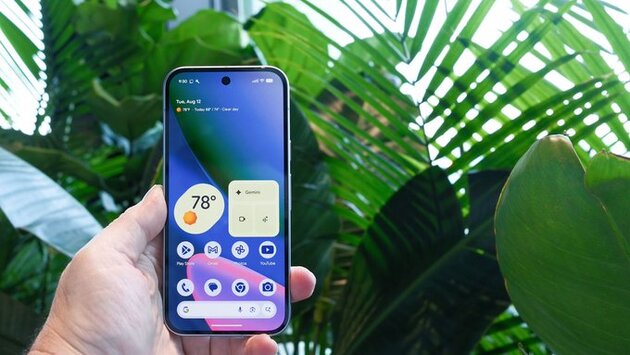
Sideloading apps on Android has long been popular among users who prefer flexibility, but big changes are on the way. Google has announced that unverified apps will soon be blocked from installation, even if they are not distributed through the Play Store. This new rule requires developers to verify their identity before allowing sideloaded apps on devices. For everyday Android users, this move is designed to boost security and reduce the risk of installing harmful or malicious software.
Sideloading refers to installing apps from outside the official Play Store, often through APK files. While it gives users more freedom and access to apps not officially listed, it also poses risks—malware, data theft, and compromised security. With the new rules, sideloading will still be possible, but only for apps from verified developers, making the process safer without fully removing user choice.
For developers, this change means identity verification will now be mandatory, regardless of whether their apps are listed on the Play Store. Google has clarified that it will not review the functionality or content of sideloaded apps, but will require developers to prove their identity before distribution. This step aims to hold creators accountable and prevent bad actors from anonymously spreading harmful apps.
Android users can expect a safer experience with fewer risks of downloading malicious apps. While some fans argue that this limits Android’s open ecosystem, the focus is on protecting user data and security. Verified sideloading ensures that users still have flexibility, but within a safer framework. If you regularly sideload apps, it’s important to be prepared for these upcoming changes and ensure the apps you use come from verified sources.
𝗦𝗲𝗺𝗮𝘀𝗼𝗰𝗶𝗮𝗹 𝗶𝘀 𝘄𝗵𝗲𝗿𝗲 𝗿𝗲𝗮𝗹 𝗽𝗲𝗼𝗽𝗹𝗲 𝗰𝗼𝗻𝗻𝗲𝗰𝘁, 𝗴𝗿𝗼𝘄, 𝗮𝗻𝗱 𝗯𝗲𝗹𝗼𝗻𝗴. We’re more than just a social platform — from jobs and blogs to events and daily chats, we bring people and ideas together in one simple, meaningful space.